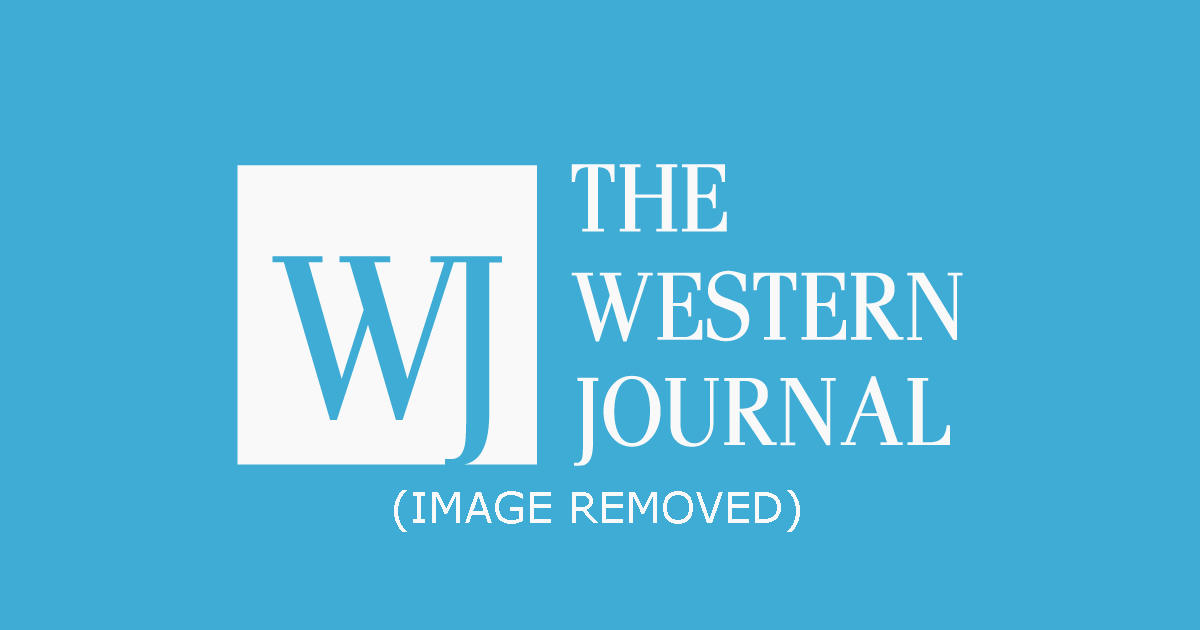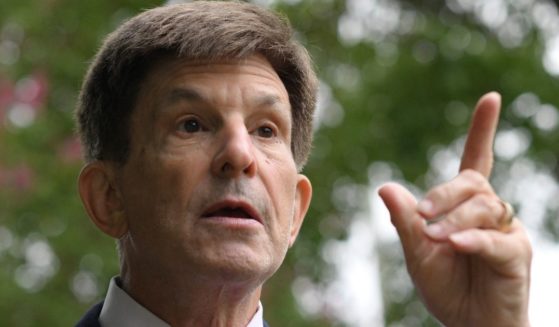Trump Admin Announces Ambitious Plan of Attack on High Prescription Drug Prices
The Trump administration is gearing up for a battle with the pharmaceutical industry this year to attack one of the most pervasive problems within the American health care system: skyrocketing drug prices.
President Donald Trump signaled the upcoming campaign in his first State of the Union Address last month, claiming that one of his key priorities as president going forward is working to lower the costs of drugs.
“One of my greatest priorities is to reduce the price of prescription drugs. In many other countries, these drugs cost far less than what we pay in the United States. That is why I have directed my administration to make fixing the injustice of high drug prices one of our top priorities. Prices will come down,” the president said.
White House Office of Management and Budget Director Mick Mulvaney and newly-confirmed Health and Human Services Secretary Alex Azar sat down with a small group of reporters Thursday morning to exclusively preview the White House’s Fiscal Year 2019 budget and how the administration plans to make good on the president’s commitment to tamper down drug prices.
Azar said the administration is framing the issue through two key questions: “How can we try to start flipping some of those incentives in the system geared towards higher prices? How do we find pockets of our programs where we maybe don’t negotiate enough or have people negotiating on our behalf to get as good of a deal?”
The administration is targeting a number of federal agencies, like the U.S. Food and Drug Administration, and federal policies, like Medicaid, to accomplish those objectives.
Changes To Medicaid
The administration is planning on asking Congress to clarify the definition of generic, over-the-counter drugs in an effort to avoid misclassifications that lead to exorbitant waste and provide potential loopholes for manufacturers to game the system.
Azar said the goal of asking Congress to specifically clarify drugs is to ensure that “generic and branded drugs are paying properly on the Medicaid rebate program.”
The Health and Human Services Office of Inspector General found that drug manufacturers likely misclassified 3 percent of the drugs in the Medicaid rebate program in 2016. The OIG found that misclassifications cost Medicaid more than $1 billion from 2012-2016.
Another initiative the admin will be pursuing is lobbying Congress to give HHS the authority to allow a small group of states to see if they are able to negotiate with manufacturers and get a better deal from manufacturers than the federal government is currently able to negotiate from the Medicaid statutory rebate programs.
“If they would like to take a shot at managing their formulary and negotiating better deals than we can get, we would like to do a pilot where up to five states could do that,” Azar said.
Medicare Part D
The White House’s 2019 budget puts forth a five-part policy to bring the program into the “current era.”
First and foremost, Trump’s administration is trying to reduce the out-of-pocket costs for seniors through Medicare Part D.
One of the ways the admin plans to lower seniors’ costs is by using some of the drug rebates from Medicare Part D to benefit seniors. Additionally, the administration wants to establish a true, genuine out-of-pocket spending cap for seniors. That would mean that there would be an end to how much a beneficiary would pay out-of-pocket, rather than leaving a loophole that could force seniors to cough up more to pay for necessary medication. 
“We will actually establish a genuine, real out-of-pocket cap for seniors. There will actually be an end to how much a beneficiary would pay out-of-pocket. We also are looking at the various re-insurance elements,” Azar said.
The administration is also trying to give Part D providers greater flexibility in how they provide benefits to seniors, like making generic medications completely free for Part D seniors.
Other Medicare Changes
“The first is actions that we could take address excessive price increases in Part B — the physician-administered drugs that we currently pay for in Part B with what is called Average Sales Price plus six methodologies,” Azar said.
Medicare Part B pays physicians and hospital systems for outpatient services. ASP is the current payment formula set in 2003. The rate is set from the average sales price, plus an additional 6 percent.
Azar wants to take the payment rate for newly launched drugs, or drugs with no set ASP value, and move them toward a new payment rate of 103 percent.
“Finally, we are going to be proposing in the 340B program that the savings that come about from the changes made to the program that those savings can either go to hospitals that are delivering adequate amount of uncompensated charity care or would return to the trust fund so that it isn’t reallocated across hospitals in a budget-neutral way,” Azar said.
Changes To The FDA’s ‘180-Day Exclusivity’ Rule
One of the key areas of focus will be on ending the gaming of FDA generic drug approval process.
Barring some exceptions, after the FDA grants a manufacturer a “180-day exclusivity” period for a generic drug, it “cannot approve subsequently submitted” applications until that period has expired. In other words, some argue that the rule bars competing generic drugs from entering the market.
Getting rid of the ruling will help spark more market competition, which could help drive down prices, Azar argues.
“This will accelerate the approval of generics and the entry to market from one particular aspect of gaming around the 180-day exclusivity that keeps multiple new entries from coming to market in the generic space,” Azar told reporters.
“What we would ask Congress to clarify is that once the FDA approves another drug, the clock on that 180-days starts. As it stands, the first to file gets approved. Right now, some companies will just sit on that and park it.”
The White House will roll out its plans in more detail Monday, along with its 2019 budget.
A version of this article appeared on The Daily Caller News Foundation website.
Truth and Accuracy
We are committed to truth and accuracy in all of our journalism. Read our editorial standards.
Advertise with The Western Journal and reach millions of highly engaged readers, while supporting our work. Advertise Today.












